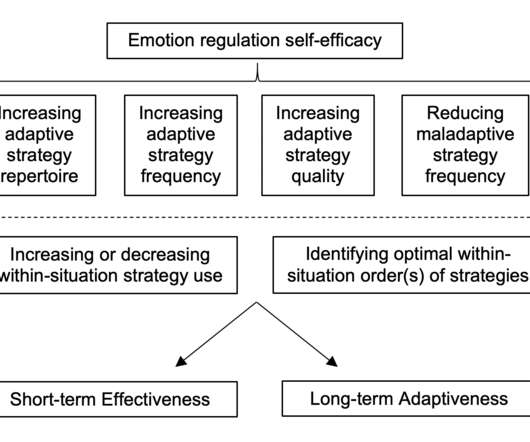What can we learn from cultural adaptations of dialectical behavior therapy?
Society of Clinical Psychology
MARCH 29, 2023
However, the psychotherapies that treat these concerns have been mainly developed by and for people who are White and live in Western countries. Because of this, many efforts have been made adapt psychotherapy to the cultures of people of color and cross-cultural clients. Challenges with mental health occur worldwide.












Let's personalize your content